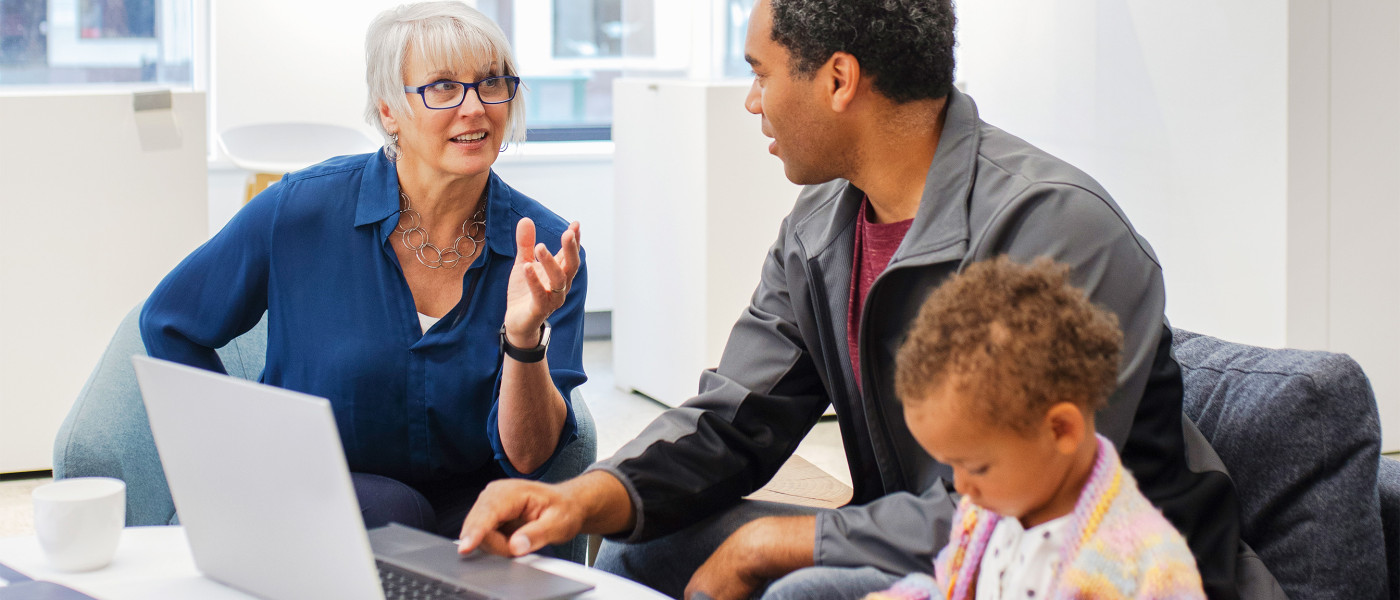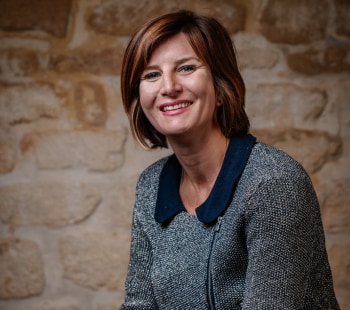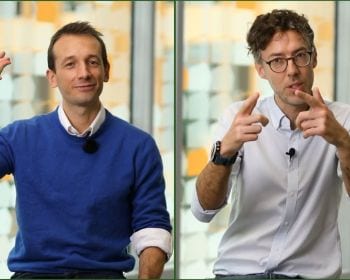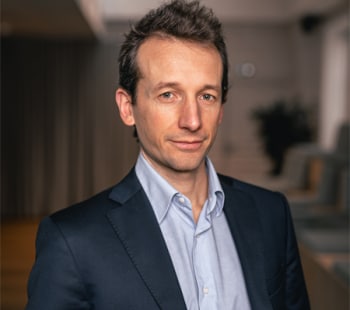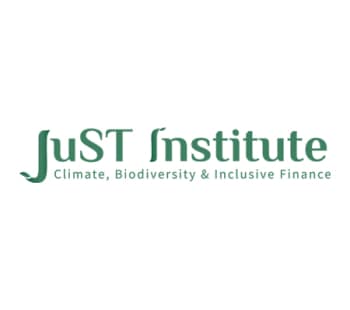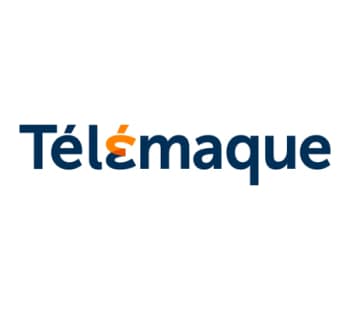There are many levers of action to promote inclusion. Among the most frequently cited are access to infrastructure and social services, redistribution systems aiming to reduce poverty, equal recognition of all populations and communities, and equal opportunities, from schooling to the workplace.
“Social inclusion aims to work on the issue of connection in order to bring together worlds that, without it, would never meet.”
Ericka Cogne, Chief Executive Officer of Télémaque
Inclusion, a right and a duty
Inclusion is a priority issue for the United Nations, whose guiding principle for the 2030 sustainable development programme is leave no one behind. “Inclusion is both a right and a duty,” affirms Ericka Cogne, Chief Executive Officer of the Télémaque association, which has been mobilizing for equal opportunities in education since 2005. “Our association works to give each young person their place in society, regardless of their gender, origin, age, socio-professional category or the region in which they live. Through mentoring, the aim is to create conditions in which young people from vulnerable backgrounds can evolve and interact with a wider ecosystem.”
“Methodology, certification, training and adapted financial products are the four action levers that we are activating in the service of a just transition.”
Davide Forcella, Director of the JuST Institute
Preserving the planet, reducing inequalities
Advancing inclusion requires taking steps to preserve the planet and fight growing inequalities. An imperative at the heart of the actions of both the JuST Institute and Télémaque. “Without a just transition, no transition is possible,” insists Davide Forcella. “This is why we coordinate the actions of public and private transition funders, acting on four levers: provide them with a common methodological and operational framework, create the conditions for traceability through the analysis and certification of the practices and portfolios of financial institutions, encourage their skills development through continuous training and support, and develop and distribute adapted financial products.” Four levers that are prerequisites for improving the quality of sustainable financing for the most vulnerable populations, such as smallholder farmers, rural communities and women living in poverty in these areas.
of students only (all subjects combined for 2019-2020) are children of parents working in manual labour.
Source: Interministerial mission “Research and higher education”, 2022.
approximately, of the global population is at risk of being socially excluded (between 2.33 and 2.43 billion people)
Source: Social Exclusion Concepts, Measurement, and a Global Estimate, World Bank, June 2022.
“For our part, at Télémaque, we are focusing on the crucial question of connection. To include people, we must remove barriers, which means replacing silos with gateways. Mentoring makes this possible and the feedback we have received for nearly 20 years speaks to what our young people and their mentors get out of it,” says Ericka Cogne. “We want to increase these relationships throughout France. We are present in seven regions — soon to be eight — and are forming partnerships with local associations to extend our ability to act within mid-size cities. We are also developing impact bonds to recognize professional channels and collaborate on how to define young people’s access to mentoring as a right that they could assert.”
Bringing together an ecosystem of stakeholders
To act effectively, it is essential to bring together as many committed players as possible, including, of course, large groups and those in the banking sector in particular. That is why BNP Paribas is a partner of Télémaque and has supported the JuST Institute since its creation. The common theme remains contributing to the emergence of just and inclusive societies, which offer everyone equal opportunities to achieve their potential.
JuST Institute
Created in May 2022, and officially launched at COP 27 in November 2022, the Just Sustainability Transitions (JuST) Institute coordinates the actions of transition funders and provides them with dedicated tools to increase the amounts and quality of sustainable financing benefiting populations most vulnerable to climate change and helping to fight the deterioration of biodiversity. To further these goals, it brings together public and private financial institutions and enterprises, as well as multilateral and international organisations such as BNP Paribas and the Global Environment Facility (GEF), which initiated it.
Follow Davide Forcella on LinkedIn
Télémaque
Created in 2005, the association Télémaque facilitates upward social movement from middle school onwards, by supporting dedicated and motivated young people from at-risk regions through mentoring. It gives them the best chance of realising their potential thanks to a double school-company mentoring approach, from throughout secondary education and for those students continuing into vocational training. A pioneer in equal opportunities, Télémaque supports 1,800 young people from modest backgrounds, mainly attending underprivileged schools in seven regions in France. The association Télémaque is part of L’Ascenseur, the first French coalition for equal opportunities, and of the Collectif Mentorat, which brings together several associations with the common objective of developing mentoring in France.
Follow Ericka Cogne on LinkedIn

